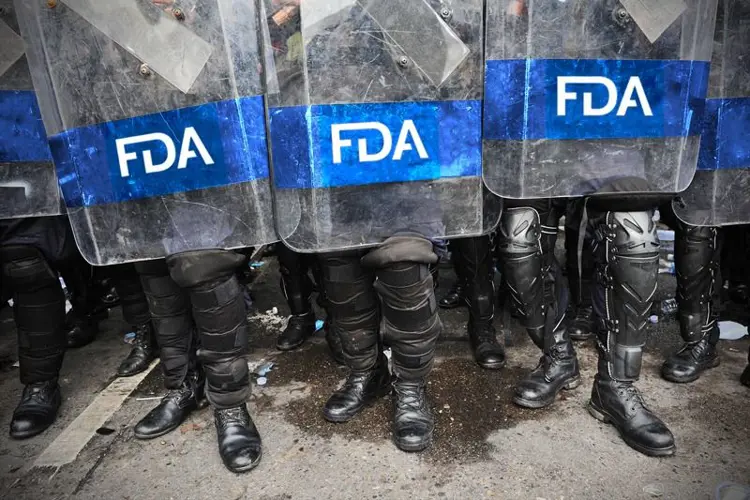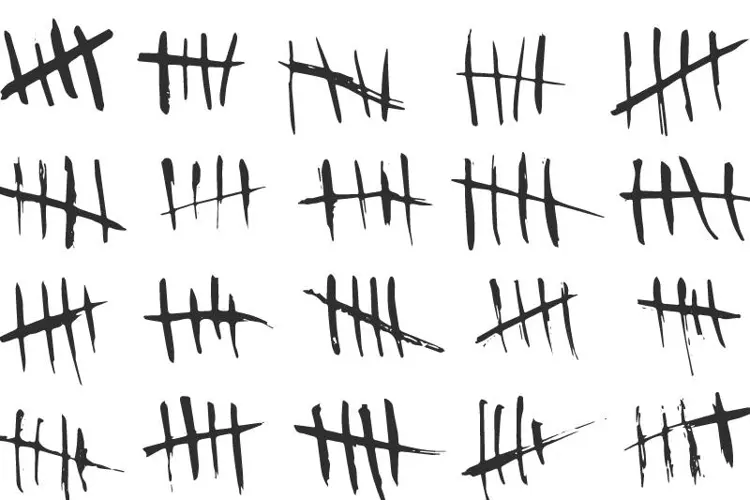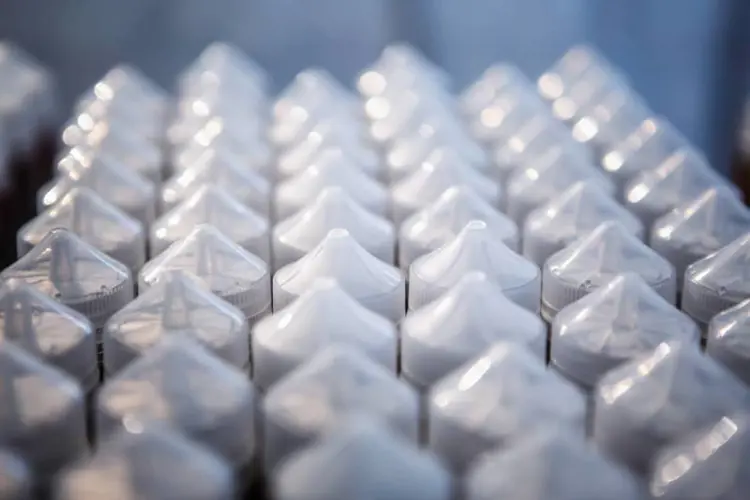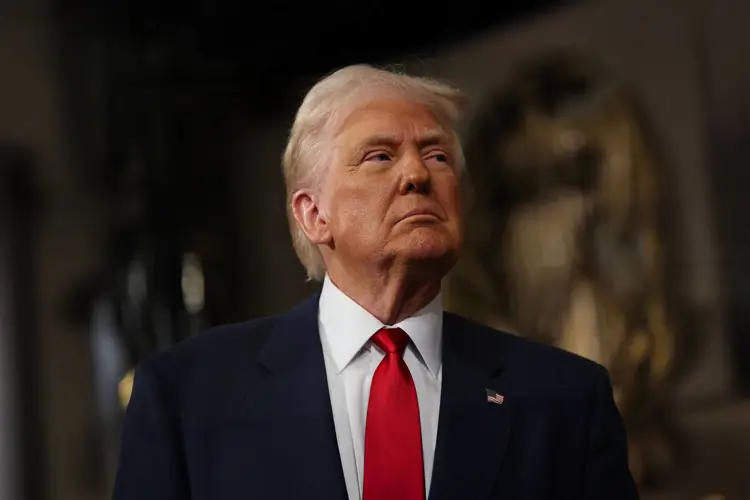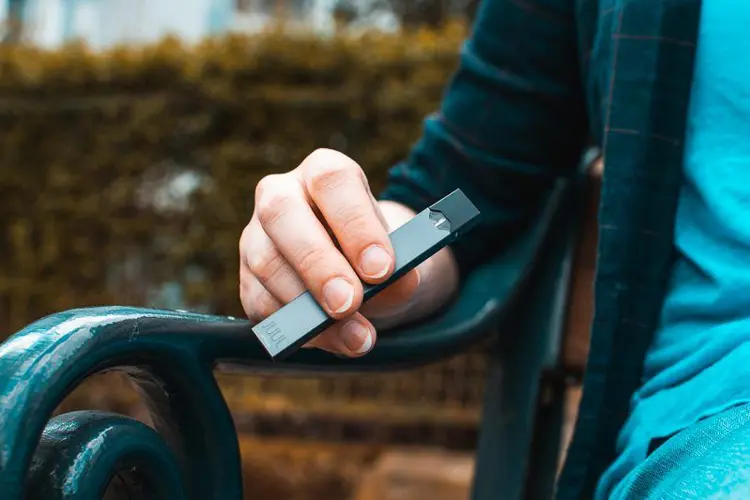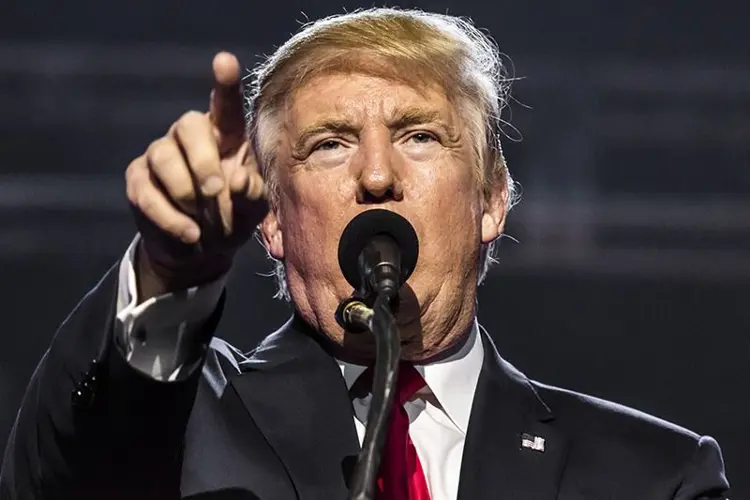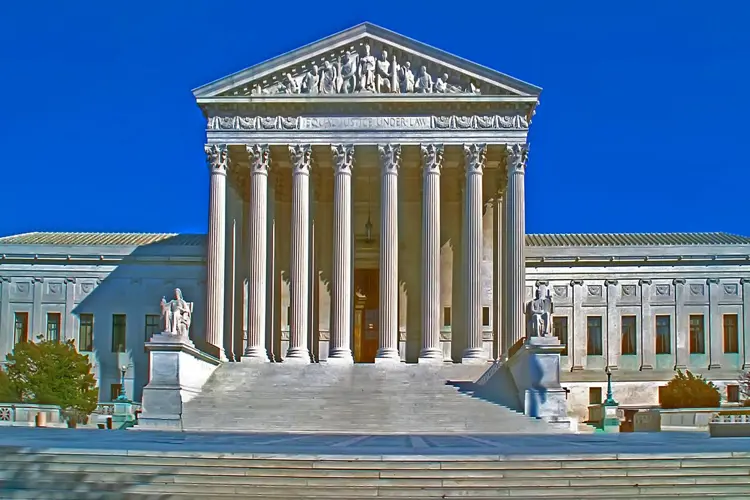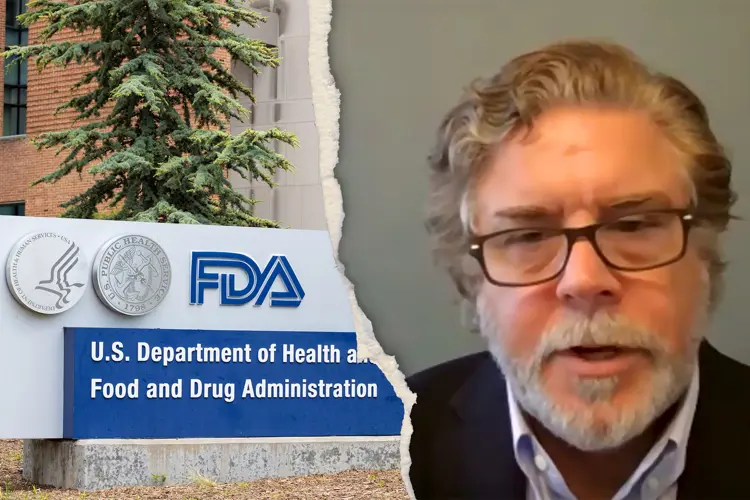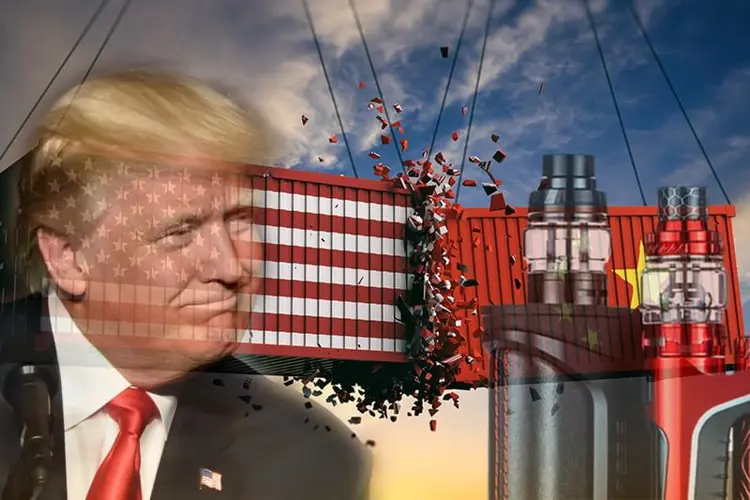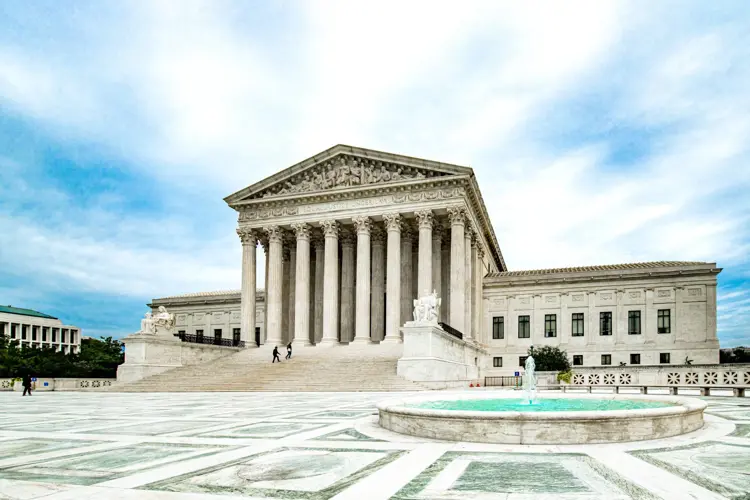With little time left this year and the two political parties at a stalemate on what should be included in a new Farm Bill, it appears the 2018 Farm Bill will again be extended, giving users of delta 8 THC and other psychoactive cannabinoids another reprieve. But the future is dim for intoxicating hemp derivatives.
The 2018 Farm Bill that created the hemp “loophole” was extended in 2023 for a year, and expired this year on Sept. 30. A new bill must be passed—or the old bill extended again—before the end of the year, or all parts of the law would revert to the original 1949 agricultural legislation.
That won’t happen. The massive Farm Bill includes major expenditures on nutritional assistance, commodity price supports, agricultural disaster assistance, and crop insurance subsidies. It now seems likely that both parties will allow an extension to be included in the year-end spending bill.
The extension is the good news. The bad news is that next year’s Congress will likely pass a new Farm Bill that eliminates protections for delta 8 and other intoxicating hemp-derived cannabinoids.
What is the “delta 8 loophole”?
Under provisions of the 2018 bill, hemp is defined by its delta 9 THC content. If delta 9 measures below 0.3 percent by dry weight, the plant (or product) is hemp and is federally legal to sell.
The 2018 Farm Bill specifically allowed the cultivation and sale of "the plant Cannabis sativa L. and any part of that plant, including the seeds thereof and all derivatives, extracts, cannabinoids, isomers, acids, salts, and salts of isomers, whether growing or not, with a delta-9 tetrahydrocannabinol [THC] concentration of not more than 0.3 percent on a dry weight basis."
But if a product exceeds 0.3 percent, it is defined as federally controlled marijuana, and can only be sold legally in states that have passed marijuana legalization, and even then only under the strict state rules that govern marijuana.
Both parties want to outlaw intoxicating cannabinoids
Republicans have already made clear that they favor eliminating the “loophole” that allows hemp manufacturers to produce intoxicating hemp-based cannabis products. The Republican-majority House produced a Farm Bill draft in May that would ban any cannabinoid “synthesized or manufactured outside of the plant.”
Next year Republicans will control both houses of Congress, and will be able to craft bills in both houses that would ban delta 8 and delta 10 THC, THCA, HHC, THC-P, and any other hemp-derived cannabinoid that isn’t extracted directly from a hemp plant.
And even without a majority next session in either house—and despite their differences with Republicans on other Farm Bill elements—Democrats appear to agree that delta 8 and its cannabinoid cousins must go. That was made clear when outgoing Senate Agriculture Committee chairwoman Debbie Stabenow (D-MI) released the Democrats’ version of a new Farm Bill on Monday, which aligned with the restrictive Republican position.
The Democratic bill differs in how delta 8 prohibition is achieved, but the result is the same. In Stabenow’s draft, the definition of hemp requires that “total THC” content must be under 0.3 percent. So all forms of THC, including all those named above and delta 9, would be added together and limited to a total of 0.3 percent combined.
Whichever language is used in the final Farm Bill—whether it passes this year or next—it’s almost certain that an entire legal industry built on consumable hemp-derived cannabinoids will collapse.
The Freemax REXA PRO and REXA SMART are highly advanced pod vapes, offering seemingly endless features, beautiful touchscreens, and new DUOMAX pods.
The OXVA XLIM Pro 2 DNA is powered by a custom-made Evolv DNA chipset, offering a Replay function and dry hit protection. Read our review to find out more.
The SKE Bar is a 2 mL replaceable pod vape with a 500 mAh battery, a 1.2-ohm mesh coil, and 35 flavors to choose from in 2% nicotine.
Because of declining cigarette sales, state governments in the U.S. and countries around the world are looking to vapor products as a new source of tax revenue.
The legal age to buy e-cigarettes and other vaping products varies around the world. The United States recently changed the legal minimum sales age to 21.
A list of vaping product flavor bans and online sales bans in the United States, and sales and possession bans in other countries.







